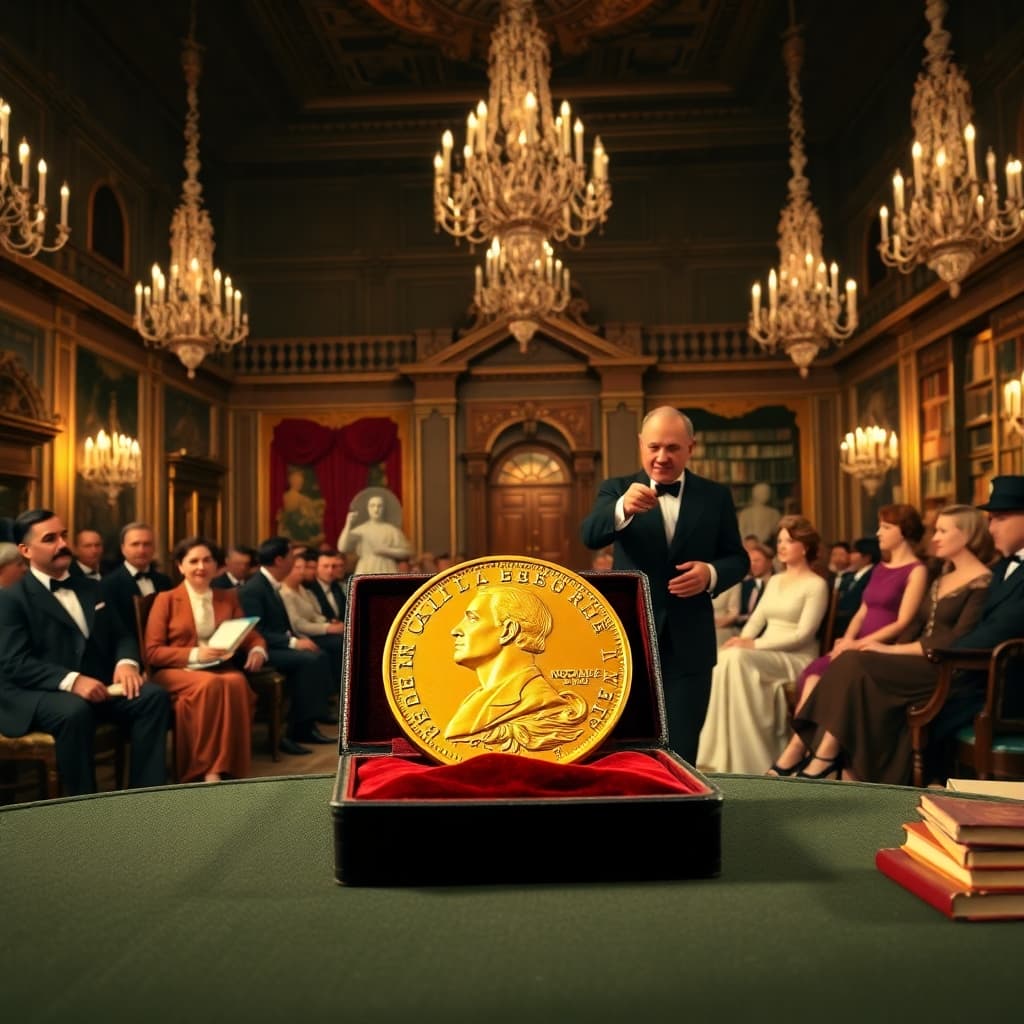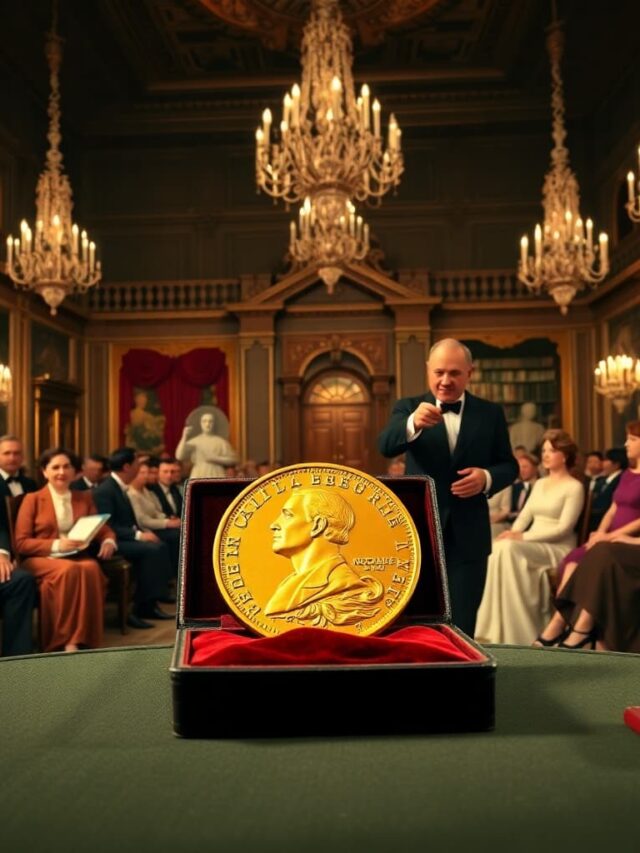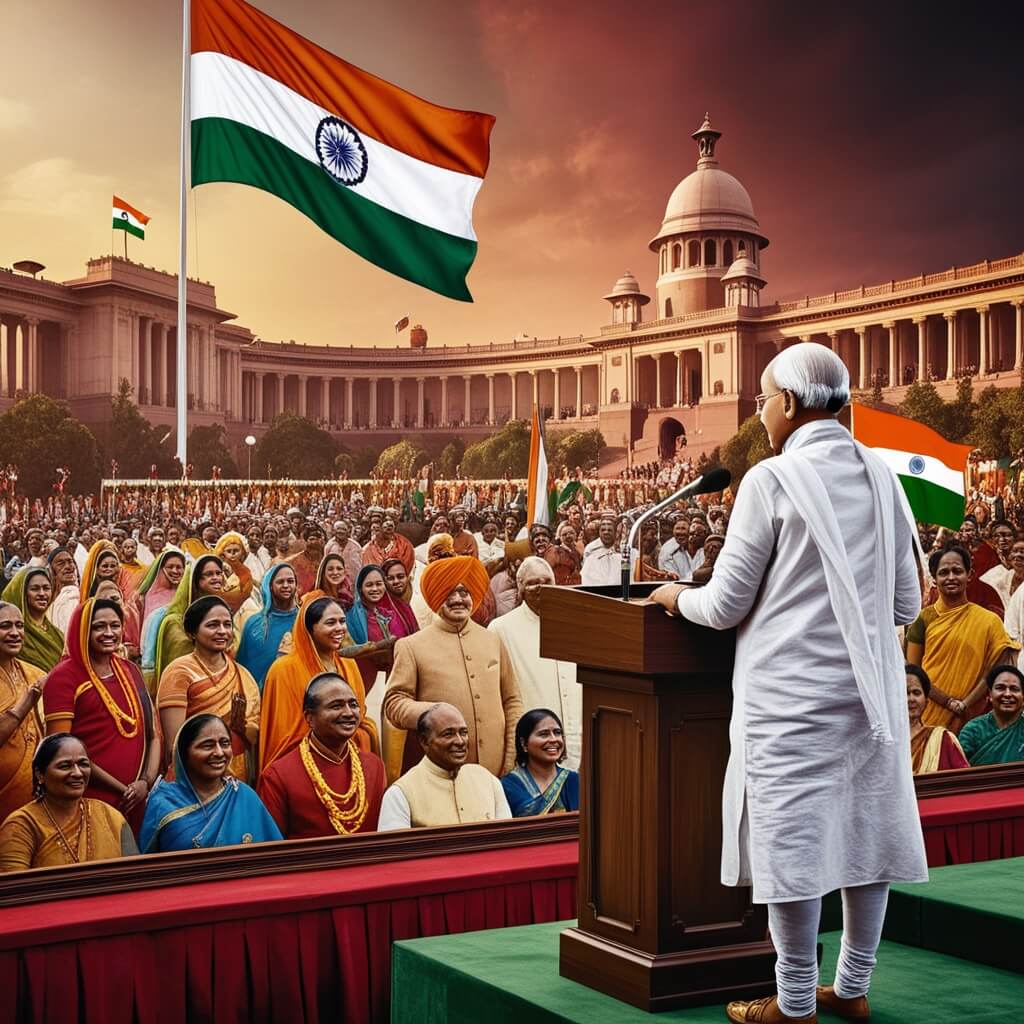December 10, 1901: A Historic Milestone
On December 10, 1901, the first Nobel Prizes were awarded, honoring individuals and organizations whose contributions significantly advanced humanity. This date marked the fifth anniversary of Alfred Nobel’s passing and fulfilled his vision of recognizing exceptional achievements in physics, chemistry, medicine, literature, and peace efforts.
The Vision Behind the Nobel Prizes
Alfred Nobel, a Swedish chemist, engineer, and inventor, left his vast fortune to establish the Nobel Prizes. Despite inventing dynamite, Nobel desired his legacy to be one of peace and progress. His will outlined the creation of awards for individuals whose work benefitted humanity the most.
Nobel’s decision faced challenges, including disputes over his estate, but his dedication to fostering global advancement prevailed. The first ceremony took place in Stockholm, Sweden, and Oslo, Norway, establishing an enduring tradition.
Recognizing Excellence Across Fields
The inaugural winners in 1901 included:
- Physics: Wilhelm Conrad Röntgen, for his discovery of X-rays.
- Chemistry: Jacobus H. van ‘t Hoff, for his work in chemical thermodynamics.
- Medicine: Emil von Behring, for developing a serum against diphtheria.
- Literature: Sully Prudhomme, for his poetic contributions.
- Peace: Jean Henri Dunant and Frédéric Passy, for their efforts in humanitarianism and peace advocacy.
Each prize reflected Nobel’s vision of honoring individuals whose work profoundly impacted the world.
A Legacy of Inspiration
The Nobel Prizes quickly became a global symbol of excellence. Recipients are selected by various committees based on rigorous evaluation processes, ensuring the integrity and significance of the awards. Over time, the prizes have expanded to include the Nobel Memorial Prize in Economic Sciences, introduced in 1968.
Why the Nobel Prizes Matter
These awards not only celebrate groundbreaking achievements but also inspire future generations to pursue innovation and progress. The recognition amplifies the impact of recipients’ work, encouraging collaboration across nations and disciplines.
A Memorable Quote on Achievement
“It is not the position where you are standing, but which direction you are going.” – Nobel Laureate Oliver Wendell Holmes Jr.
This sentiment encapsulates the spirit of the Nobel Prizes: constant progress toward a better world.
Conclusion
The first Nobel Prizes awarded on December 10, 1901, laid the foundation for a tradition that continues to honor the best of humanity. From recognizing scientific breakthroughs to celebrating peace and literature, these awards remain a testament to Alfred Nobel’s vision of a brighter future.
As we reflect on this milestone, let it inspire us to contribute in ways that make the world a better place, fostering innovation, compassion, and unity.




